7 Reasons Your Muscles Are Cramping
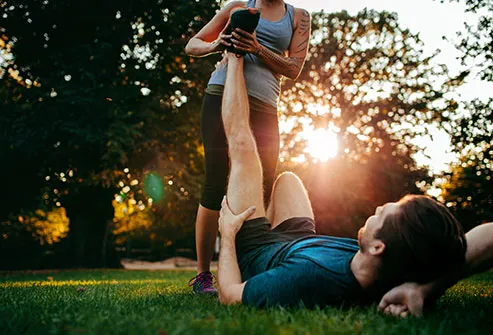
If you’ve ever had a “charley horse” -- that odd pain in your calf -- you’ve had a cramp. But they can happen anywhere in your body at any time, even when you’re asleep. No matter where you get them, what’s going on inside is the same: Your muscles suddenly tighten up when you don’t want them to. Several things can bring on cramps, but you can do some things to keep them from happening.
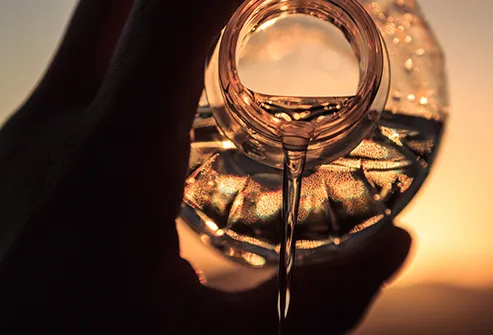
When’s the last time you had a glass of water? Cramps may be your body’s way of telling you that you need some -- you’re dehydrated. Other signs include dizziness, headache, and constipation. So keep water with you and sip it throughout the day, especially if you’re outside in hot weather.
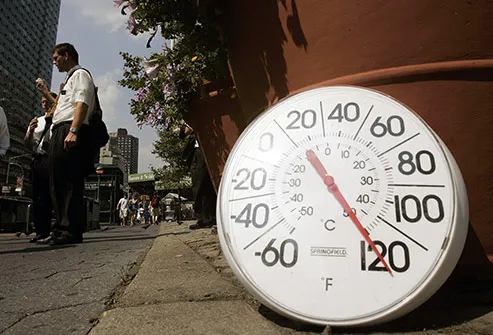
Your body loses fluids when you work or exercise in the heat, and that can make you more likely to cramp. This may be partly because your muscles need water, but it’s also because you sweat out important minerals called electrolytes -- sodium, potassium, and calcium -- that help the cells in your muscles work the way they should.
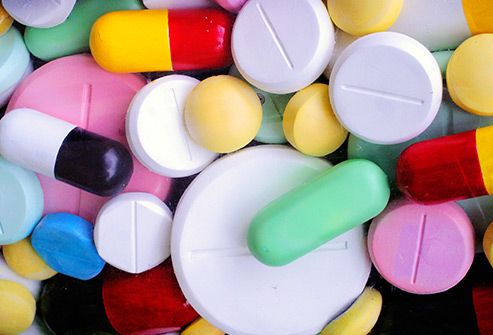
Statins, which are used to control cholesterol, and diuretics, which help your body get rid of fluid, are just two of the drugs that can bring on cramping as a side effect. Talk to your doctor if you have regular cramps soon after you start taking a new medicine.
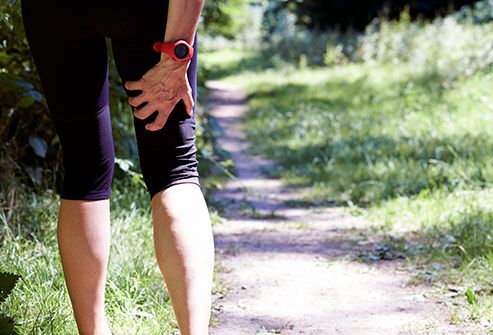
If your cramps get worse when you walk, your muscles may not be getting enough blood. That can happen as you get older or if you’re not very active. It also can be caused by a condition called claudication -- when your arteries are narrower than they should be and blood can’t get through easily. Talk with your doctor if you notice this kind of thing -- she can help you figure out what’s going on.
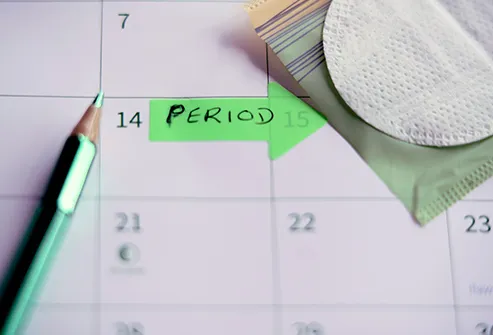
Some women get cramps during their periods. That happens because a woman’s body makes certain hormones that make the muscles in her uterus tighten up. This helps push out blood and waste, but it can also cause cramping. Over-the-counter pain relievers usually help, but talk with your doctor if they don’t work well for you.
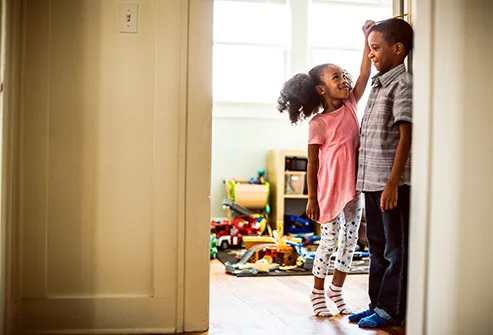
Kids often get cramps when they go through a growth spurt. These are sometimes called “growing pains,” but they may actually be caused by too much activity, or kids may just be more sensitive to pain. The cramps happen most often in the legs and can wake a child out of a sound sleep. It may help to stretch the muscle or put a heating pad on the area for a short time. If the pain doesn’t get better, call your child’s doctor.
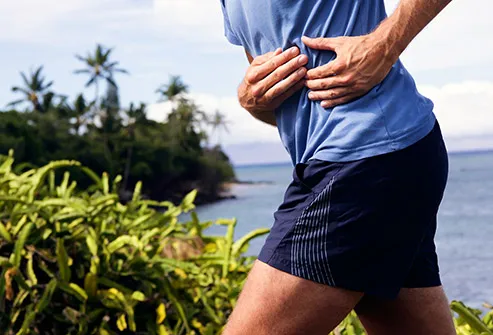
It’s important to stay active, but if you do too much all at once or your body’s not used to it, your muscles can cramp. Instead, pace yourself: Regular exercise can make your muscles stronger and harder to tire out, so they won’t cramp as easily. Be sure to warm up first, and do plenty of stretching before and after.
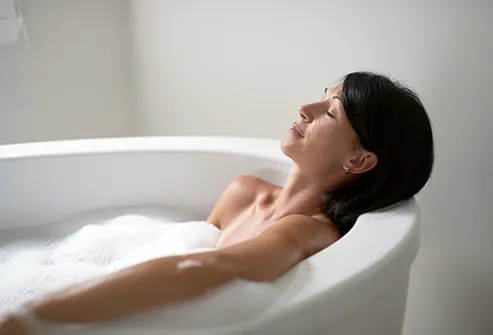
Cramps usually go away on their own fairly quickly, but you can do some things to help them along. If an activity like running triggered one, stop right away. Then gently stretch or massage the muscle or use a heating pad or hot bath to bring blood to the area and relax it. Ice and over-the-counter anti-inflammatories, like ibuprofen, can help if you have pain and swelling, too.
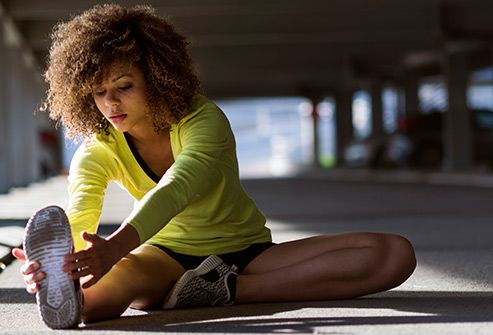
Muscles are bunches of fibers that quickly get smaller or bigger when you move your body to do something -- from grabbing something off a shelf to running a race. When you stretch those fibers regularly, they can do their job more easily, and that helps you cramp less.
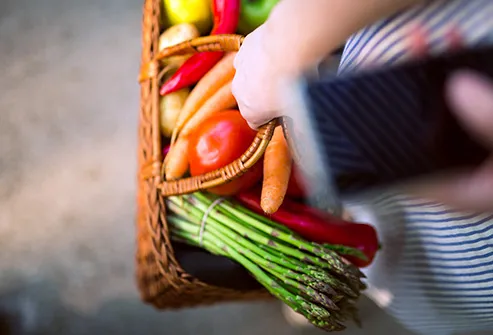
Colorful fruits and vegetables have minerals called electrolytes that help keep your muscles in good shape and can help you avoid cramps. Leafy greens and bananas are good choices.
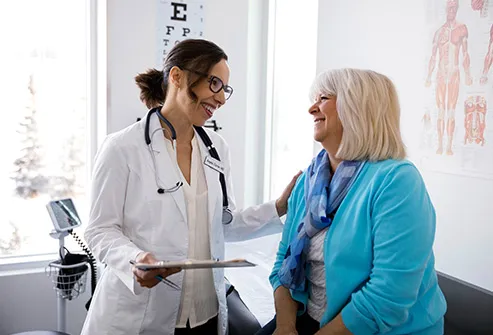
Most muscle cramps aren’t serious, but if they happen often and you don’t know what’s causing them -- like heat or hard exercise -- see your doctor. They can sometimes be a sign of a condition like thyroid disease, cirrhosis of the liver, or hardening of the arteries.